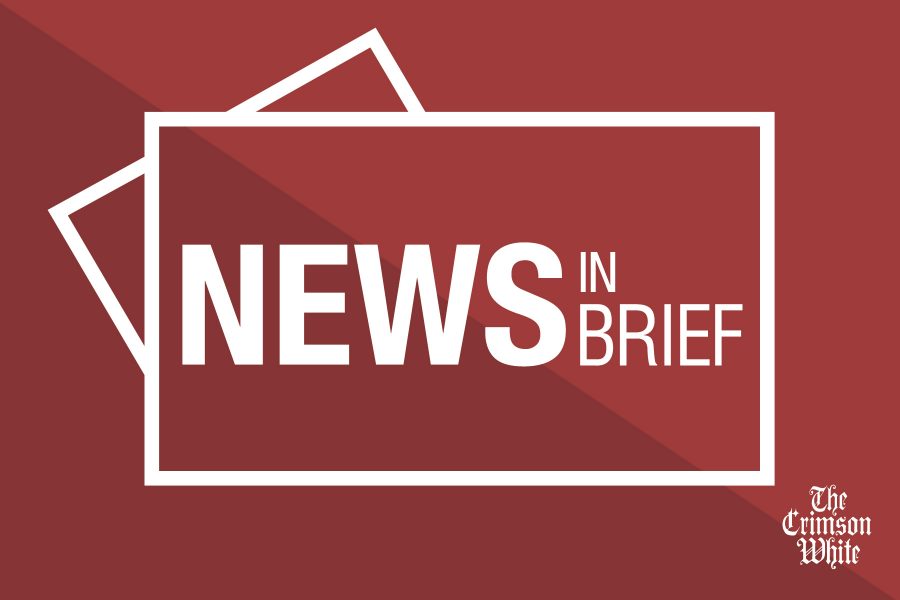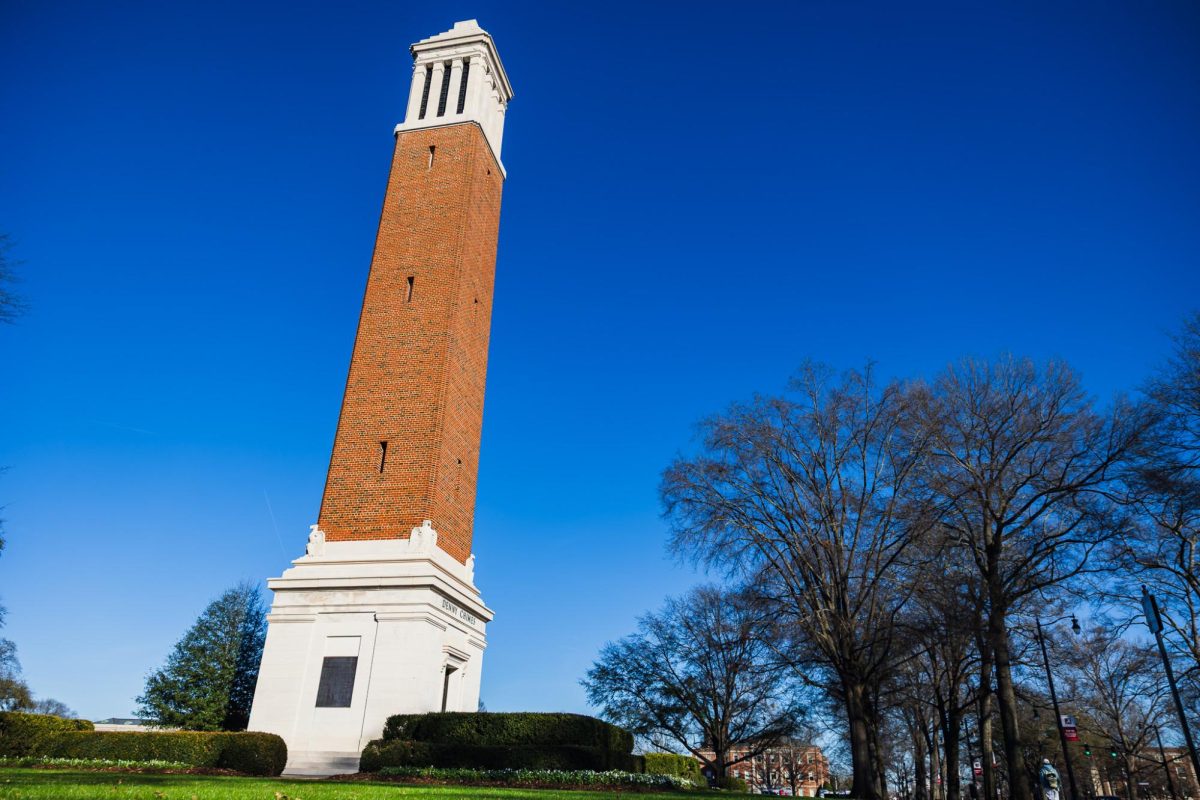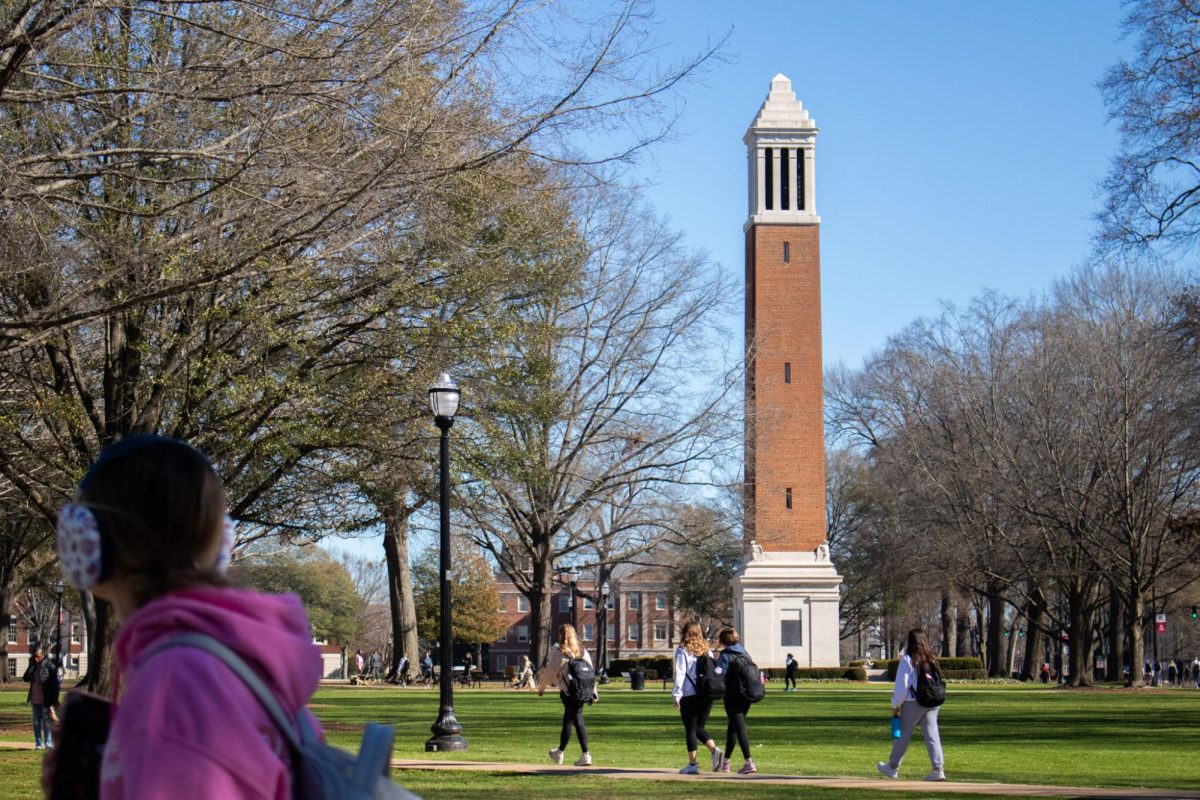In 2001, after completing a sentence of 14 years in prison on drug related charges, Pastor Kenneth Glasgow of Dothan, Alabama was eager to be part of society again, only to learn that he was unable to vote. Three years later, he was given a pardon which allowed him to register to vote again. For the next four months, he wore his voter registration card around his neck proudly.
“People would see me with the card around my neck and say ‘Man, what are you doing?’ and I would tell them ‘They can call me a felon, they can call me a criminal, but they’re also gonna call me a voter just like everyone else.’”
Glasgow, president of The Ordinary People Society (TOPS) activist group, said he learned that his offense was determined to be a crime of “moral turpitude,” a vague term interpreted in various different ways by a county that revokes an individual’s right to vote and that his rights were wrongly taken away. This was when he decided to help those who faced similar charges to regain their right to vote, filing a lawsuit to be able to to register current inmates in Alabama to vote. After settling the suit, Glasgow said that he has been registering thousands of people across the state.
“I’ve been going around registering people to vote inside of jails since 2003,” Glasgow said. “I started out in Dothan, in the surrounding jails around here, then I started taking it statewide. [TOPS] have people in Montgomery, Birmingham, Tuscaloosa, Huntsville, Mobile, everywhere.”
In May, Governor Kay Ivey signed the Definition of Moral Turpitude Act, which restored the voting rights of thousands of Alabama felons by clearly defining what crimes are considered to be of “moral turpitude.” However, critics have said that many of these felons aren’t aware that they can vote and that the state is responsible for informing voters of their status and that it still leaves people of color at risk of being disenfranchised.
Alabama Secretary of State John Merrill said that Glasgow’s claim of registering thousands of new voters are “highly inaccurate” and that the state department has not seen any change in voter registration related to recent legislation or in the aftermath of the sexual misconduct allegations against Senate candidate Roy Moore.
“We have been registering people with reckless abandon since I’ve been Secretary of State and we average around 5,800 new voters being registered per week,” Merrill said. “That number has not changed in the last few months and it sure hasn’t changed in the last few weeks.”
Voter registration statistics from the Alabama Secretary of State website shows an increase of over 10,000 registered voters between the months of September and October, with an increase of 2,600 black voters in one month.
Glasgow said that his efforts have republicans worried because republicans tend to do better in elections with low voter turnout. No matter the Senate election results, Glasgow said he will continue his efforts to register more Alabama residents in preparation for upcoming 2018 elections.
“Republicans don’t want a big turnout, they do better when there are fewer voters, so they’re gonna downplay how many people we’re getting registered,” Glasgow said. “While they’re worried about the people that we’re registering now, I’m trying to have 200,000 people registered by 2018. I’m gonna register every person that I can and make sure that everybody and their mama can vote, so let ‘em downplay that.”
Richard Fording, a political science professor at the University of Alabama, said that Alabama’s “moral turpitude” law is one of the toughest in the country and the changes made with the Definition of Moral Turpitude Act could still leave behind potential voters due to lack of information and guidance for people awarded their voter status.
“There is potential for the removal of disenfranchisement laws to have a much bigger impact,” Fording said. “Some studies have shown that formerly disenfranchised voters will turn out at a much higher rate if they are contacted by someone to inform them of their rights and assist them with the reinstatement process. But in the absence of such an intervention, we shouldn’t expect that newly reinstated people will participate at a rate that is politically meaningful.”
Lecia Brooks, outreach director for the Southern Poverty Law Center, said that voter rights organizations believe that it is the state’s obligation to inform people of their voter status but that agencies like SPLC, Alabama Legal Services and the ACLU have had to take the lead in these efforts.
“We’ve been trying to talk to the secretary of state about notifying people of their voter status but he refuses to do so and the court backed him up and said he doesn’t have an obligation to do that,” Brooks said. “There have been some misunderstandings in probate offices in terms of a lack of clarity around the rules of notifying people of their voter status. It’s not going well and we’re not pleased.”
Brooks also said that these various restrictions affecting voters of color are more than circumstance. Rather, she said, they are deliberate efforts to keep minority populations from voting.
A 2016 study by the Sentencing Project estimates that 286,000 people in Alabama cannot vote due to a felony conviction. That equates to roughly 8 percent of Alabama adults from voting. This also blocks 15 percent of Alabama’s black population from being eligible to vote.
“We don’t think these things are a coincidence,” Brooks said. “We should be doing all we can to ensure everyone has an opportunity to vote, not making it harder for them to vote. It’s a vital part of our democracy.”
Liz Kennedy, director of Democracy and Government Reform at the Center for American Progress, said that this legislative change, while progressive, is only a small step in the effort to restore voting rights to many disenfranchised voters and that there is still much work to be done.
“While this is a step in the right direction, it’s still not enough because it still includes crimes that people of color are disproportionately charged with,” Kennedy said. “The law that was passed still doesn’t cover crimes such as fraud or public corruption. It seems like those kinds of convictions might have more to do with concerns of moral turpitude.”
Voter I.D. laws play a part in the disenfranchisement of many voters of color, Kennedy said. According to the NAACP Legal Defense Fund, about 118,000 registered voters in Alabama cannot cast a ballot because of lack of I.D., including 5.5 percent of black voters and 6.1 percent of Latino voters in Alabama, who are twice as likely than white voters to lack a form of I.D.
“These kinds of laws that take away the civil rights of members of our country go against our fundamental principle that citizens in our free society have the opportunity to choose our leaders,” Kennedy said. “So many restrictions on voter access are struck down because they are found to be intentionally racially discriminatory or just because it is illegal to change the voting rules to make it disproportionately more difficult for people of color to vote and that certainly is the case in Alabama. Our fundamental principle is that citizens in our free society have the opportunity to choose our leaders and it’s definitely past time to remove these barriers that exclude so many.”









